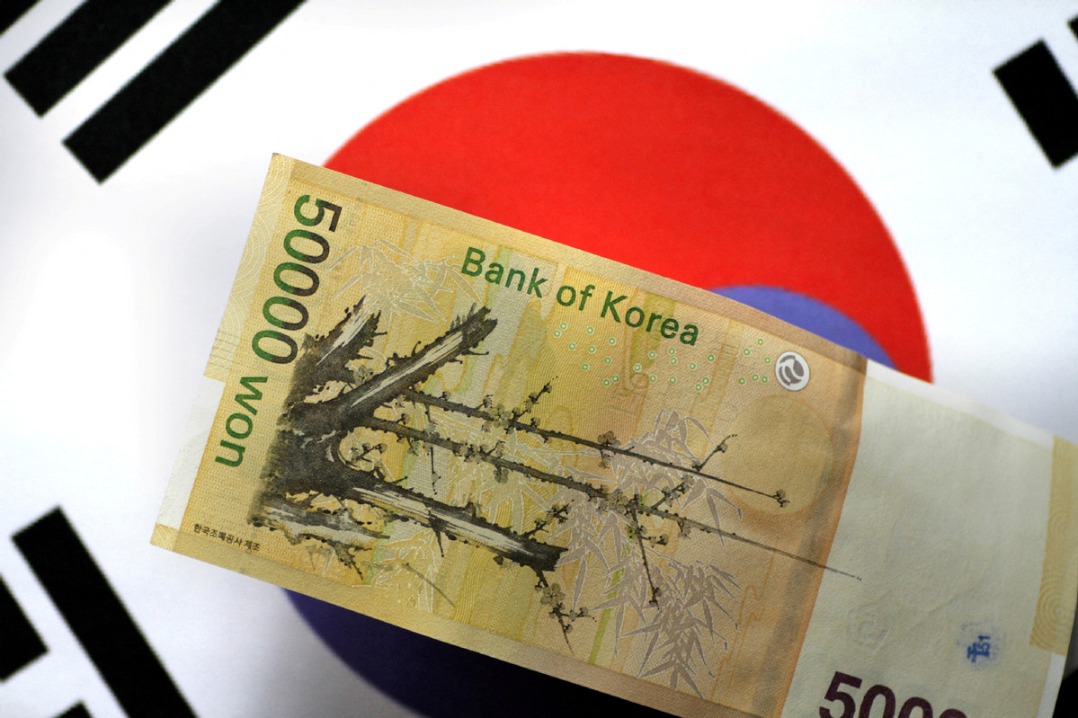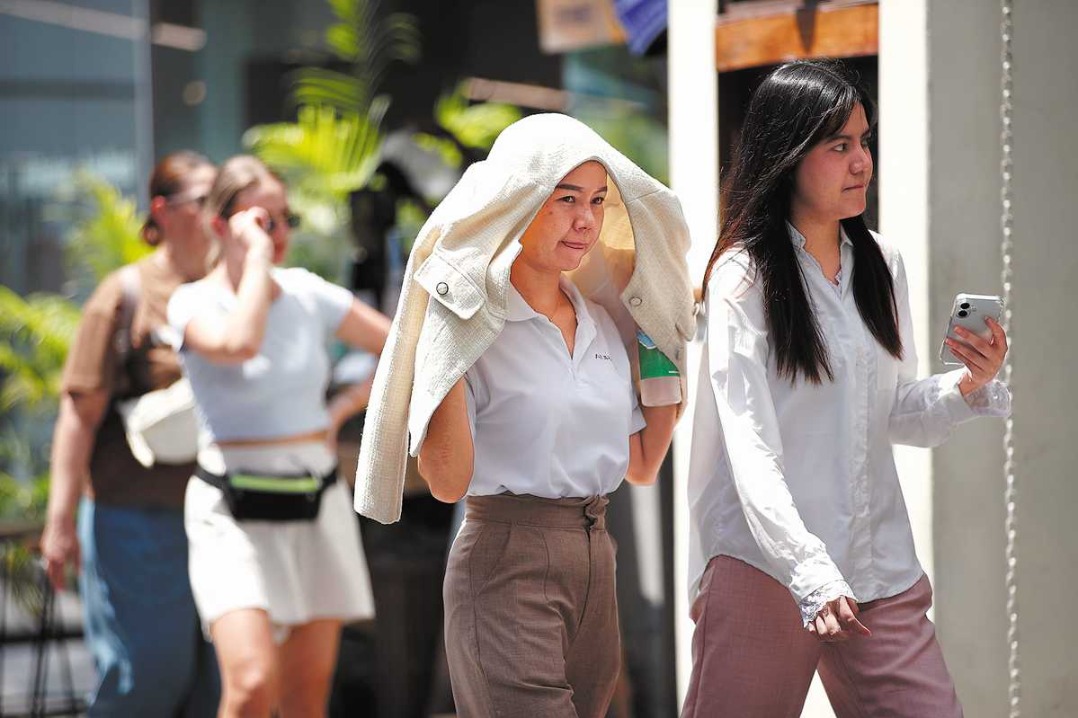Getting back out there
Destinations court reemerging Asian tourists through social media, AI tools


Changing landscape
The Chinese outbound tourism market is no longer a monolithic entity and Gary Bowerman, director of Check-in Asia, noted that Chinese travelers are now more fragmented and diverse than ever.
As China's borders have reopened, he said, outbound travelers' preferences have shifted toward personalized experiences, cultural immersion, and self-drive tourism. The situation is in sharp contrast to the large group tours that once dominated Chinese outbound travel.
Bowerman emphasized that digital tools, particularly platforms including Douyin and WeChat, have become indispensable for interacting with Chinese travelers. Short-form video content has become the new travel agent, he added.
"If you don't understand how travelers from different Asian markets use short-video apps, it's impossible to market to them effectively," Bowerman explained. The shift highlights the crucial need for personalization, with destinations and platforms being chosen that connect with travelers through localized, visually engaging content that aligns with their interests and aspirations.
Saudi Arabia has made significant strides in attracting Chinese tourists by implementing a series of targeted initiatives designed to improve the travel experience for visitors from China, according to Alhasan Aldabbagh, president of APAC Markets at the Saudi Tourism Authority.
The kingdom has placed a strong emphasis on Mandarin-language training for tour guides to ensure smooth communication and a more personalized experience for Chinese visitors. Saudi Arabia has also integrated popular Chinese apps including Didi and Alipay into local services, offering a familiar digital experience for Chinese tourists.
"We are focused on creating an environment where Chinese tourists feel understood and welcomed, from their first click online to their journey across our beautiful country," Aldabbagh said.
To raise awareness of Saudi Arabia's offerings, he said the kingdom has launched Chinese-specific campaigns, including the Saudi Travel Festival in Beijing and the Lai Bai Campaign, which has generated more than 300,000 bookings.
Additionally, Aldabbagh said that Saudi Arabia has developed tailored regional travel packages in collaboration with neighboring countries including Egypt, Jordan, and Turkiye, allowing Chinese tourists to explore multiple destinations in the region instead of traveling exclusively to Saudi Arabia.
Aldabbagh shared an anecdote about a young Chinese entrepreneur from Shanghai who expressed how moved she was by the warmth and hospitality she experienced in Saudi Arabia. Despite being thousands of miles from home, the traveler felt comfortable — illustrating the power of genuine human connection.

































